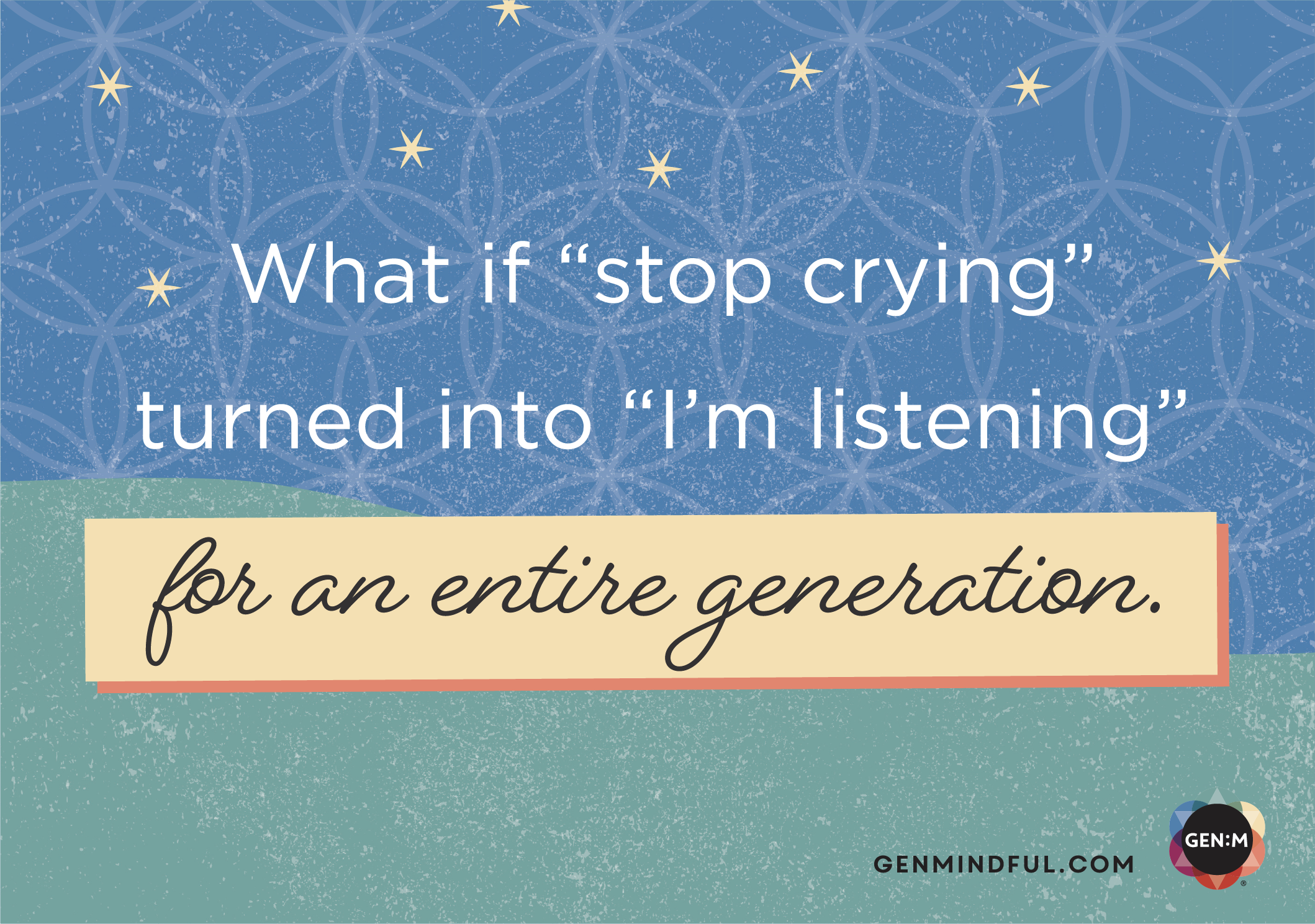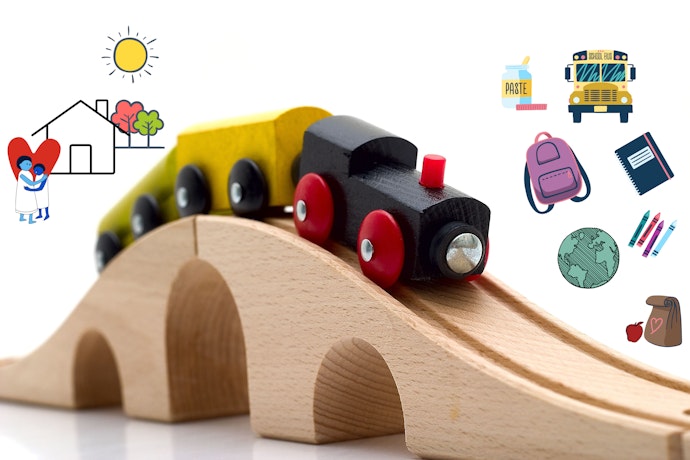Adults today are struggling to use "new", evidence-based childrearing practices because these practices were not modeled for them. Put another way, adults today have the science necessary to foster secure attachment with children, but lack the skills.
5 Ways to Build Resilience in the Early Childhood Classroom
This is why I started Generation Mindful in 2016, on a mission to raise an emotionally healthy world. Our relational, play-based approach using tangible tools to spark social-emotional learning in tots to teens and their caregivers.
Our vision is to nurture emotional intelligence in children and adults via play and positive discipline, taking evidence based best practices into everyday life.
At Generation Mindful, we believe there is nothing more healing, protective, or worth investing in than loving, safe, and secure adult-child relationships.

GENM tools lean into everyday teaching moments that arise organically in adult/child interactions, moments classically perceived by adults as moments of conflict rather than the profound teaching and learning opportunities they represent.
This focus on nurturing relationships through connection with rather than control over children is foundational to Generation Mindful's approach to empowerment based education.
GENM tools teach emotional literacy including the four basic mood groups, informed by research from Yale School for Emotional Intelligence. These four mood groups are like the ABCs and 123s of emotional regulation, yet, unfortunately, they are not widely being taught to young children.

Generation Mindful's play-based learning tools introduce these four mood groups along the three basic skills both children and adults need to regulate emotions (Name It, Feel It, and Heal It) starting with children as young as age 2 or 3.
These skills have been shown to strengthen children's social-emotional skills, vital for school readiness, particularly impactful for children from historically marginalized homes. Statistically speaking, children from families experiencing the impact of racism and poverty are more likely to enter the classroom with less-developed social-emotional skills --- a key component for school readiness.

At Generation Mindful, we are committed to supporting, educating, and inspiring not only children in their social-emotional learning but their caregivers as well.
When we bridge social-emotional learning (SEL) tools and support from early childhood classrooms and daycare centers into homes and families, we support the social-emotional skill development of not only children, but their caregivers as well.















